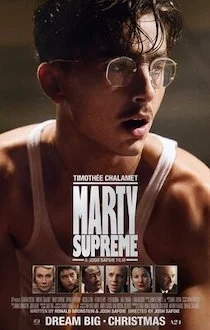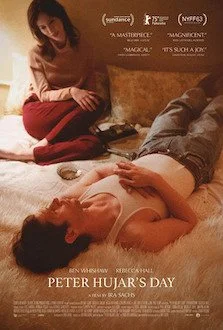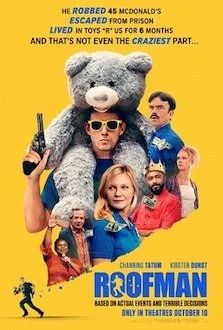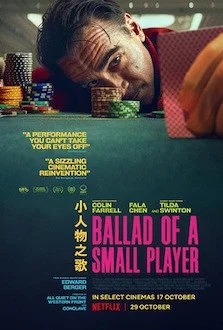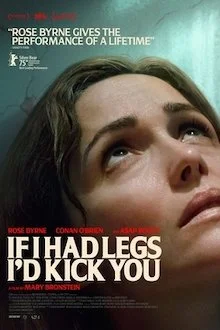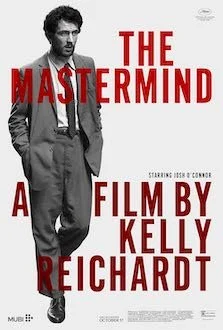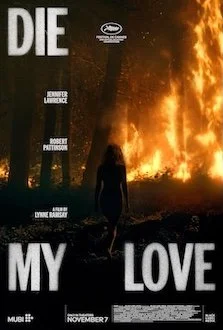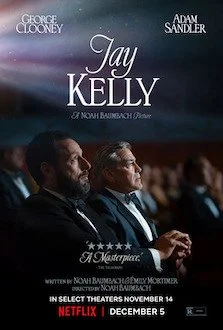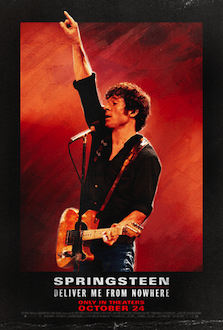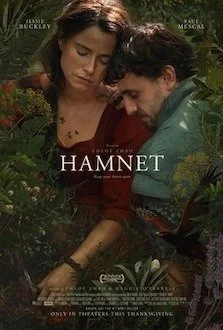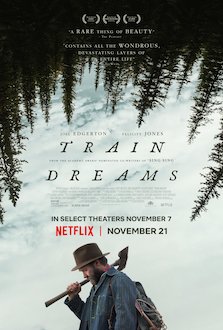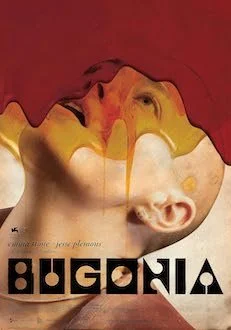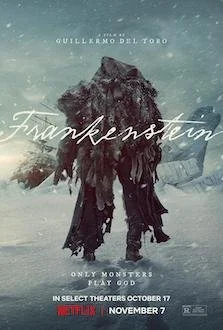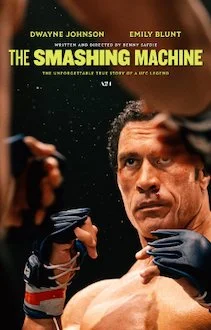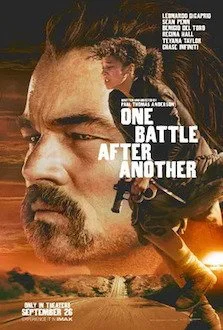Direction: Josh Safdie
Country: USA
Writer-director Josh Safdie’s fascination with flawed characters and shady worlds finds a natural outlet in Marty Supreme, a sports drama set in 1950s New York and inspired by a book by Marty Reisman, the city’s table tennis prodigy. After portraying Bob Dylan with distinction in A Complete Unknown (2024), 29-year-old French-American actor Timothée Chalamet—who also produces—stars as ping-pong player Marty Mauser in a wild tale of boundless ambition. Boisterous and relentlessly driven, Mauser, even when financially compromised, is determined to get to Tokyo at any cost to defeat his former Japanese opponent in a tense revenge match.
Boasting an organic structure and lively dialogue, the film is powered by impetuous, effective editing and flows with an ironic tone that occasionally brushes against the absurd. That doesn’t mean Marty Supreme lacks standout moments. It is bolstered by a terrific soundtrack (including New Order, Alphaville, and Tears for Fears) and bursts of visual invention. The film is a genuine cinematic experience, imaginatively told and brimming with striking energy, much of it drawn from ping-pong matches staged with remarkable intensity.
Safdie pushes the pace hard, and the actors keep up. At times, less might have been more, as the relentless intensity can become tiring, but Marty Supreme still delivers a compelling character study rich in unexpected twists, humor, and narrative momentum. It’s a blast to spend time with this rousing film: not Safdie’s most atypical work, but perhaps his most immediately accessible and funny.

